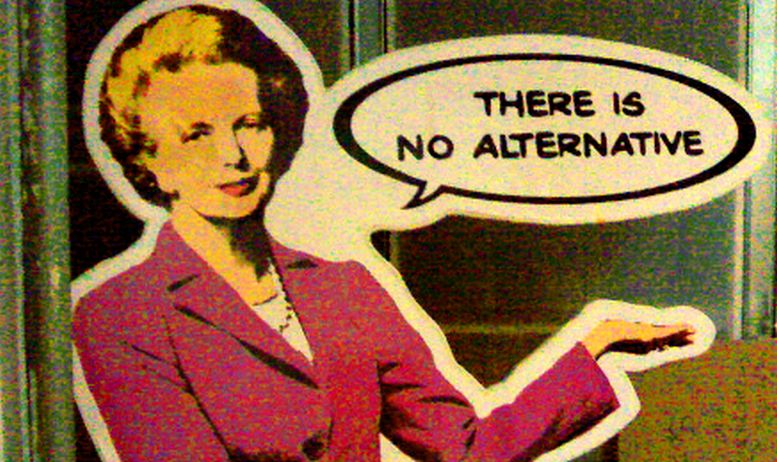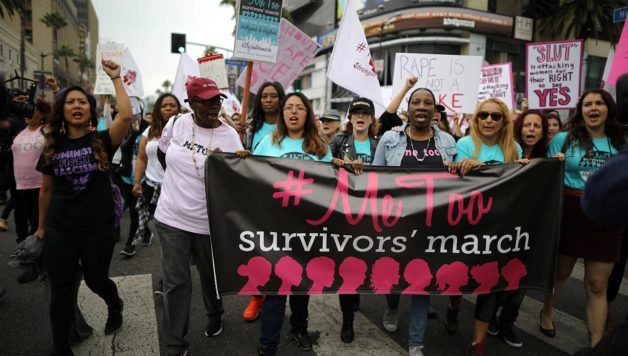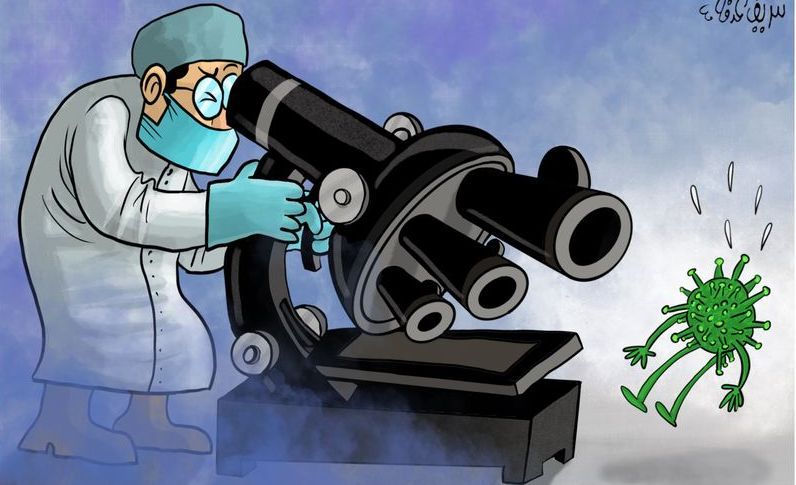We are publishing a pair of articles from our current magazine on Solidarity and Alienation, that go together well.
Alienation is a defining feature of our epoch that Marx wrote about near the beginning of the industrial era. We are social animals and alienation goes against the very nature of our being.
Marx described how capitalism alienates us from our labour, from nature, from others and from self.
As workers, we are alienated from what we produce and from the act of producing it. This is as true in today’s capitalism as it was in the industrial era. Those working in Amazon warehouses or in giant factories are mere cogs in the wheel to create mega profits for some of the wealthiest people on the planet. Their work’s only meaning is to maximize profit for shareholders. Workers don’t get to see the fruits of their own labour most of the time. There’s an endless disconnect of workers, factories, machinery, shipping and retail outlets that separate the producer and consumer. Even workers who choose meaningful work, such as health care, teaching or other types of human care, face unrelenting pressure to do more and work faster. The quality of care they can provide is compromised by the pace and pressure to deliver more. This leads to a deeper form of alienation: an alienation from their own human nature, where caring for others is innate.
Alienation of humans from nature is part and parcel of capitalism. The value of nature under capitalism is in the forests that are toppled to create wealth for forest companies, the metals and oil that are extracted, the industrial agriculture and aquaculture that brings in profits. Jobs in extractive industries contribute to our disconnection from the web of life. Marx recognized that “The worker can create nothing without nature, without the sensuous external world. It is the material on which his labour is realized, in which it is active, from which, and by means of which it produces. Thus the more the worker by his labour appropriates the external world, nature, the more he deprives himself of the means of life. Man lives on nature — means that nature is his body, with which he must remain in continuous interchange if he is not to die.”
The alienation from others is part of capitalist society. Capitalism creates silos and competition that pits workers against other workers for attention, resources, higher wages and better positions. This leads to hostility, lateral violence and other useless antagonisms. Those who work in precarious self-employment have few connections with fellow workers.
This has profound implications for consciousness and for struggle towards a better society, a socialist one. Capitalism’s myths of freedom have created an individual rather than collective consciousness. Margaret Thatcher said there is no society: there are only families and individuals. But COVID has exposed this neoliberal lie. In reality, capitalism has given people little authority over their lives, has created deep divisions with growing and obscene inequality and a deep sense of social isolation.
Our very humanity — about creating, expressing, care and solidarity — is lost in modern capitalist society. The soullessness of much of work leads to a profound alienation that too often manifests in addictions of various kinds such as mindless consumption, substance abuse, gaming, and gambling. It also accentuates the mental health crisis. It is crucial that the left does not simply critique capitalism but offers hope and a vision of a radically different kind of life and work. We need to engage workers and young people in the urgent struggle against the destructive forces of capitalism and towards a socialist society, where true freedom is possible — not the false freedom of isolated individuals, but freedom as part of society. The very act of engaging in struggle and feeling the power of collective action is one of the best antidotes to the despair and alienation so many of us fe




